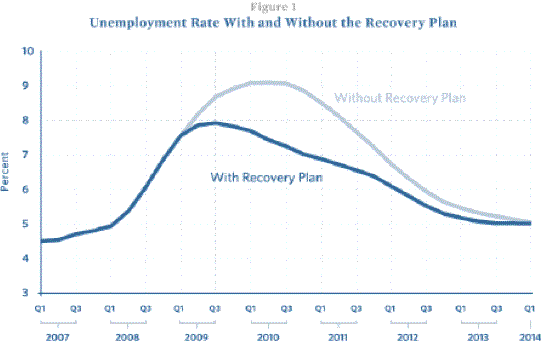Then: In the 1971-81 period NGDP grew at 11%, causing high inflation. I favored much lower NGDP growth, and thought easy money was to blame. The vast majority of economists disagreed with me and the other monetarists. ”Only those crazy Chicago economists think monetary policy determines inflation.” Inflation is caused by unions, and deficit spending, and low productivity growth in services, and crop failures and oil shocks. In any case, interest rates are high so it can’t be tight money. That’s what I kept hearing from economists who didn’t have their heads in the clouds like us monetarists, who looked at the “real world.”
Now: Over the last 4 years NGDP growth has averaged 2%, lowest since the early 1930s. I favor much faster NGDP growth, and blame tight money. The vast majority of economists disagree with me. ”Only those crazy market monetarists think monetary policy explains the 2% NGDP growth since 2008.” It’s the collapse in housing, the tighter lending standards, the hoarding of ERs, the cutbacks in state and local spending, fear of Obamacare tax increases. In any case interest rates are low so it can’t be tight money.
Today we know exactly who was right about the 1970s, but it remains to be seen who will be shown to be right about the 2008-2012 period. However things are moving our way, bit by bit.
PS. Lots of “sensible” economists thought I was a bit nuts in arguing that unemployment might well be 8.1% right now even if the Obama stimulus had never passed. What sort of figure do they think is more plausible? Perhaps the 5.9% figure that Obama’s experts predicted without the stimulus?

I got the graph from this Joe Weisenthal post, which is quite good.



Leave a Reply